too many bugs in compost?
mamabearnj
13 years ago
Featured Answer
Sort by:Oldest
Comments (29)
goren
13 years agolisascenic Urban Gardener, Oakland CA
12 years agoRelated Professionals
Fort Lee Landscape Architects & Landscape Designers · Oatfield Landscape Architects & Landscape Designers · San Juan Landscape Architects & Landscape Designers · Stamford Landscape Contractors · Mission Bend Landscape Contractors · San Benito Landscape Contractors · Thonotosassa Landscape Contractors · Welby Landscape Contractors · North Aurora Landscape Contractors · Batavia Decks, Patios & Outdoor Enclosures · Beavercreek Decks, Patios & Outdoor Enclosures · Draper Decks, Patios & Outdoor Enclosures · Lansdale Decks, Patios & Outdoor Enclosures · Los Alamitos Decks, Patios & Outdoor Enclosures · West Chicago Decks, Patios & Outdoor Enclosuresmadmagic
12 years agodchall_san_antonio
12 years agoKimmsr
12 years agosea3663
12 years agojoepyeweed
12 years agoluckygal
12 years agoperlite
12 years agoHaname
12 years ago2ajsmama
12 years ago2ajsmama
12 years agoHaname
12 years ago2ajsmama
12 years agoHaname
12 years ago2ajsmama
12 years agoeli267
10 years agokayd32
8 years agokimmq
8 years agolast modified: 8 years agoDebra Stroman
8 years agotoxcrusadr
8 years agoperlite
8 years agogumby_ct
7 years agolast modified: 7 years agokimmq
7 years agogumby_ct
7 years agogumby_ct
7 years agokimmq
7 years agogumby_ct
7 years agolast modified: 7 years ago
Related Stories

GARDENING GUIDESGet on a Composting Kick (Hello, Free Fertilizer!)
Quit shelling out for pricey substitutes that aren’t even as good. Here’s how to give your soil the best while lightening your trash load
Full Story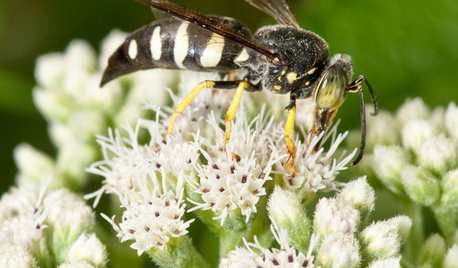
GARDENING GUIDESSand Wasps Keep True Bugs in Check and Help Pollinate Summer Flowers
Look for these solitary wasps nesting in sandy sites and foraging on flowers in July and August
Full Story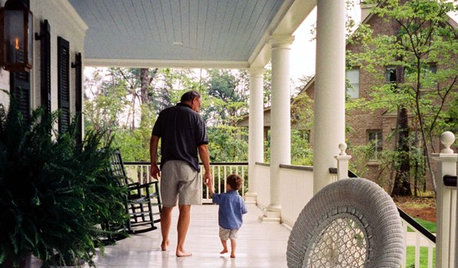
GARDENING AND LANDSCAPINGPorch Life: Banish the Bugs
Don't let insects be the bane of your sweet tea and swing time. These screening and product ideas will help keep bugs at bay on the porch
Full Story
GARDENING AND LANDSCAPINGBreezy and Bug-Free Modern Porches
Screening keeps pests out of these diverse porches across the U.S., while thoughtful designs keep them visually appealing
Full Story
GARDENING AND LANDSCAPINGBid Bad Garden Bugs Goodbye and Usher In the Good
Give ants their marching orders and send mosquitoes moseying, while creating a garden that draws pollinators and helpful eaters
Full Story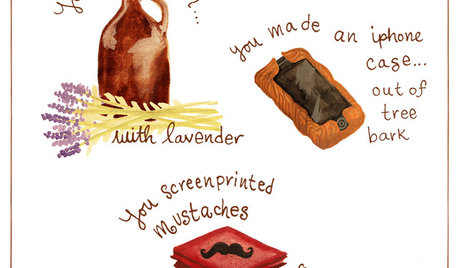
DIY PROJECTS12 Signs You've Caught the DIY Bug
Been making inventive things from scratch? Repurposing salvaged pieces creatively? It may be more serious than you think
Full Story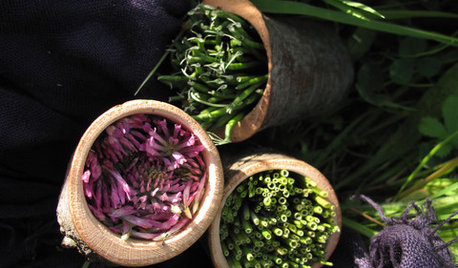
EARTH DAYHow to Help Your Town’s Beneficial Birds and Bugs
Make a habitat using local materials to provide a home to the creatures that help our gardens
Full Story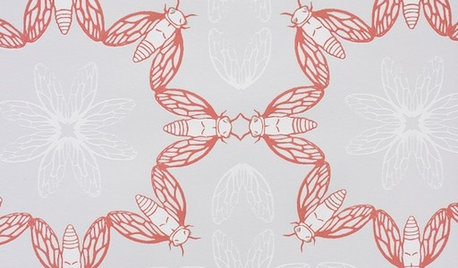
PRODUCT PICKSGuest Picks: Decor to Make Your Eyes Bug Out
Insects are marching to a different tune these days, showing up on knobs, teapots and even tablecloths
Full Story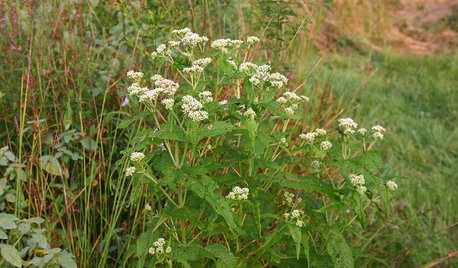
GARDENING GUIDESGreat Design Plant: Common Boneset Helps Good Bugs Thrive
Support bees, moths and butterflies with the nectar of this low-maintenance, versatile and tactile prairie-style plant
Full Story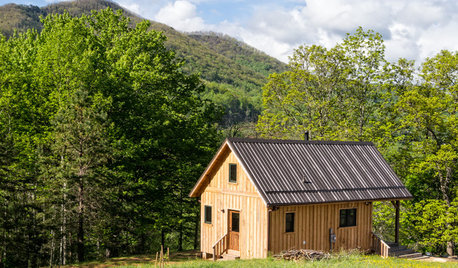
HOUZZ TOURSHouzz Tour: 10 Acres, 3 Generations and Many Animals in North Carolina
Check out a throwback-style cabin that celebrates simplicity, reclaimed materials and family
Full Story






toxcrusadr